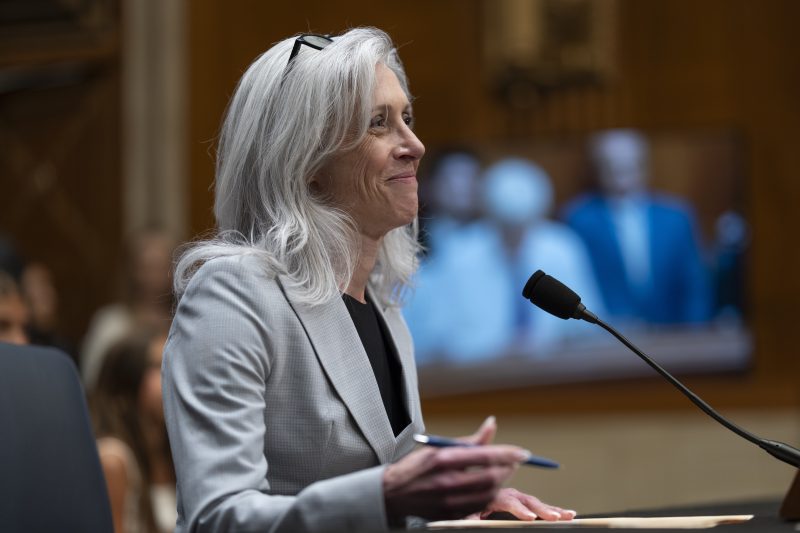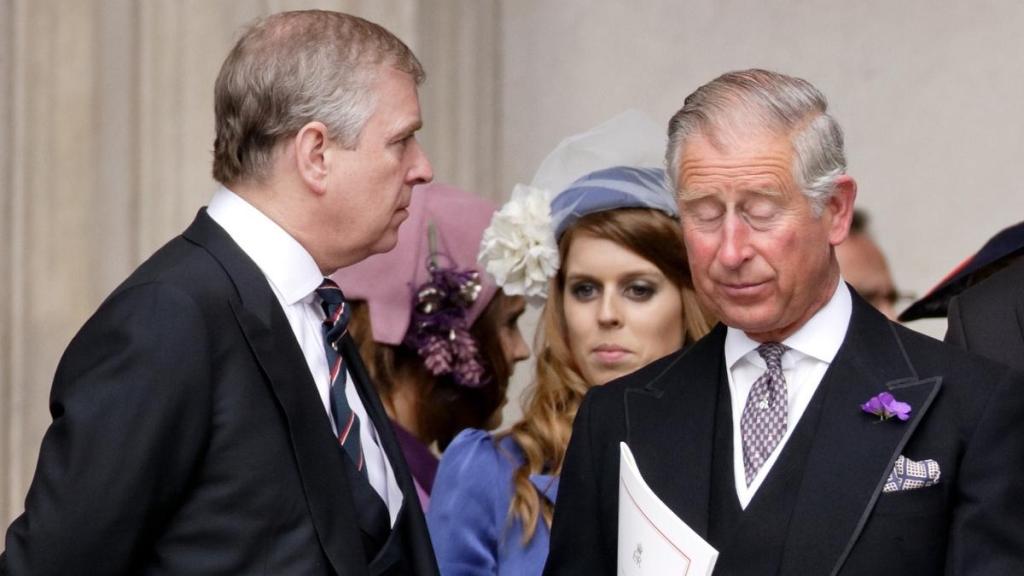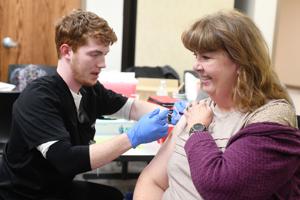Senate Committee Advances Susan Monarez’s Nomination for CDC

The U.S. Senate Health, Education, Labor, and Pensions (HELP) Committee has advanced the nomination of Susan Monarez to lead the Centers for Disease Control and Prevention (CDC). The decision, which took place on Wednesday, was marked by a narrow party-line vote, reflecting significant divisions among lawmakers regarding Monarez’s commitment to following scientific guidance in public health matters.
Senator Bill Cassidy (R-La.), who chairs the committee, expressed confidence in Monarez’s ability to enhance the CDC’s transparency and communication with the public. “Dr. Monarez is ready to take on this challenge,” Cassidy stated, emphasizing her dedication to improving the nation’s response to public health issues. He noted the importance of strong leadership as the country grapples with reemerging health threats, particularly the recent measles outbreak, which has resulted in three fatalities in the United States this year.
Opposition to Monarez’s nomination arose primarily from Democratic senators who cited her association with the Trump administration and raised concerns about her priorities. Senator Bernie Sanders (I-Vt.), the ranking member of the committee, criticized her for allegedly overseeing the illegal delay or cancellation of $11 billion in public health funding during her tenure. Sanders expressed skepticism about Monarez’s commitment to public health, suggesting she may be more aligned with Health Secretary Robert F. Kennedy Jr. than with the CDC’s mission.
Senator Patty Murray (D-Wash.) echoed these sentiments, stating, “We could actually have the best CDC director in the world, and it wouldn’t change the fact that we have a person leading HHS who is an anti-vaccine conspiracy theorist.” Murray’s comments highlight the contentious political climate surrounding public health leadership.
As the nomination moves to the full Senate for consideration, Monarez stands to make history if confirmed. She would become the first nonphysician to head the CDC in decades. The urgency of her potential leadership is underscored by recent data from the CDC, which reported nearly 1,300 cases of measles in the U.S. this year, marking the highest level in over three decades.
In summary, Monarez’s nomination is a pivotal moment for the CDC and public health in the United States. Her confirmation will depend on whether she can assuage concerns about her ties to the current administration and reassure lawmakers that she will prioritize scientific integrity in her role.






